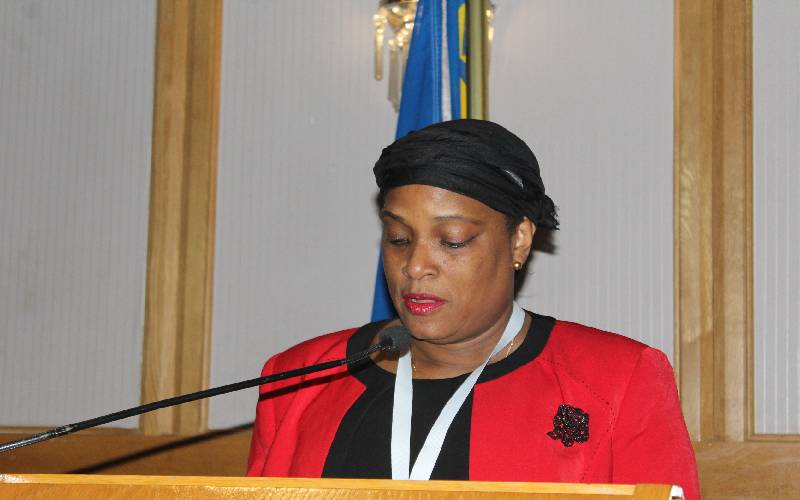×
The Standard e-Paper
Home To Bold Columnists

Civil Society Organisations (CSOs) within Africa Union (AU) member states have warned that if not checked, uncontrolled births could lead to widespread poverty in Africa by the year 2050.
They said uncontrolled births can create a ticking time bomb as it exerts pressure on meager resources exacerbating poverty and destitution.